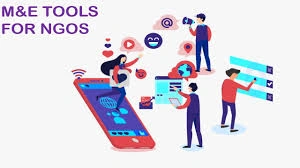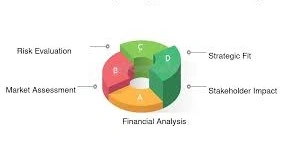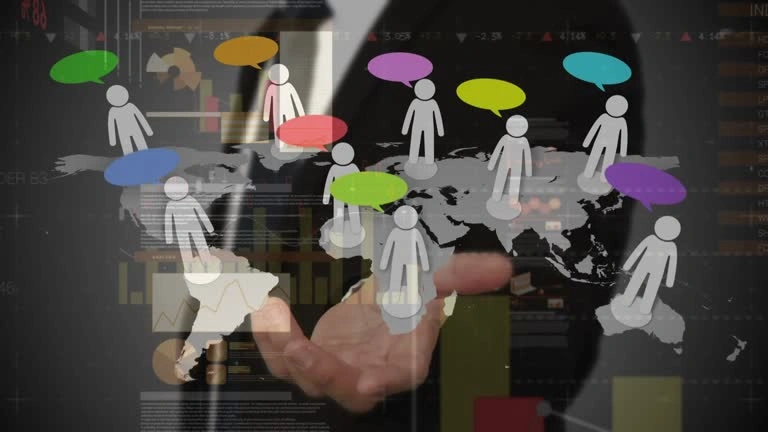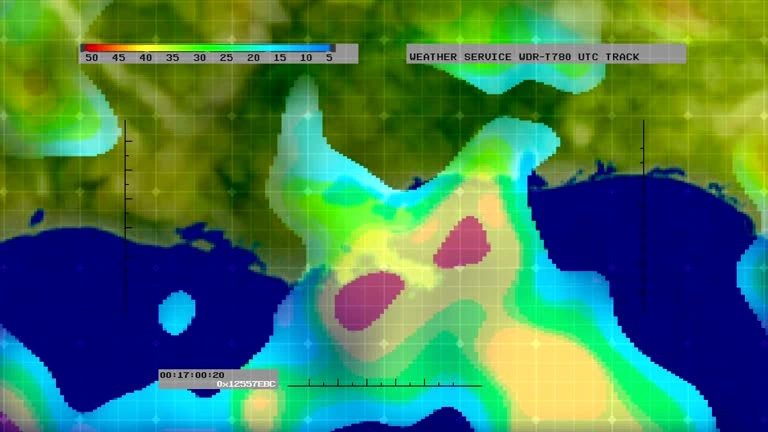Course Overview
This course provides a comprehensive understanding of Monitoring and Evaluation (M&E) principles and practices specifically tailored for NGOs. Participants will learn how to design, implement, and utilize M&E systems to measure program effectiveness, improve performance, and enhance accountability. The course equips NGO staff with the skills to make data-driven decisions and demonstrate impact to stakeholders.
Course Duration
10 Days
Who Should Attend
- Program managers and coordinators
- M&E officers and specialists
- Project officers
- Field staff
- Executive directors and board members
Course Objectives
By the end of this course, participants will be able to:
- Understand the key principles and importance of M&E in the context of NGOs.
- Design and implement effective M&E frameworks and systems for NGO projects.
- Utilize various M&E tools and techniques for data collection, analysis, and reporting.
- Develop logical frameworks (logframes) and theory of change models tailored to NGO projects.
- Conduct performance evaluations and impact assessments for NGO programs.
- Enhance data management and visualization skills to improve decision-making processes.
- Strengthen the capacity to communicate M&E findings to stakeholders, including donors and beneficiaries.
- Foster a culture of learning and continuous improvement within their organizations.
- Navigate challenges and ethical considerations in M&E practices.
- Develop M&E plans that align with donor requirements and organizational goals.
Course Outline:
Module 1: Introduction to M&E for NGOs
- Defining M&E and its importance in NGOs
- The M&E cycle
- Linking M&E to strategic planning and program design
- Ethical considerations in M&E
Module 2: M&E Frameworks and Theories of Change
- Developing a logical framework
- Theories of change and their role in M&E
- Results-based management (RBM)
- Outcome mapping
Module 3: M&E Planning and Design
- Setting clear objectives, indicators, and targets
- Developing M&E plans
- Designing data collection tools
- Sampling techniques for M&E
Module 4: Data Collection Methods
- Qualitative and quantitative data collection methods
- Surveys, interviews, focus groups, and observations
- Secondary data sources
- Data management and quality assurance
Module 5: Data Analysis and Interpretation
- Basic data analysis techniques
- Using data visualization to communicate findings
- Interpreting M&E results
- Identifying lessons learned
Module 6: Performance Management and Use of M&E
- Using M&E for program improvement
- Accountability and reporting
- Learning and adaptation
- Integrating M&E into organizational culture
Module 7: M&E and Donor Reporting
- Understanding donor requirements
- Developing donor reports
- Using M&E data for donor reporting
- Building strong partnerships with donors
Module 8: Challenges and Best Practices in NGO M&E
- Common challenges in M&E implementation
- Overcoming barriers to effective M&E
- Case studies of successful M&E initiatives
- Building an M&E culture
Module 9: M&E and Technology
- Digital data collection tools
- Data management software
- Utilizing technology for data analysis and visualization
- M&E and knowledge management systems
Module 10: Evaluation Methods
- Different types of evaluation (formative, summative, impact)
- Evaluation designs
- Conducting evaluations
- Using evaluation findings for decision-making
Customized Training
This training can be tailored to your institution needs and delivered at a location of your choice upon request.
Requirements
Participants need to be proficient in English.
Training Fee
The fee covers tuition, training materials, refreshments, lunch, and study visits. Participants are responsible for their own travel, visa, insurance, and personal expenses.
Certification
A certificate from Ideal Sense & Workplace Solutions is awarded upon successful completion.
Accommodation
Accommodation can be arranged upon request. Contact via email for reservations.
Payment
Payment should be made before the training starts, with proof of payment sent to outreach@idealsense.org.
For further inquiries, please contact us on details below:






